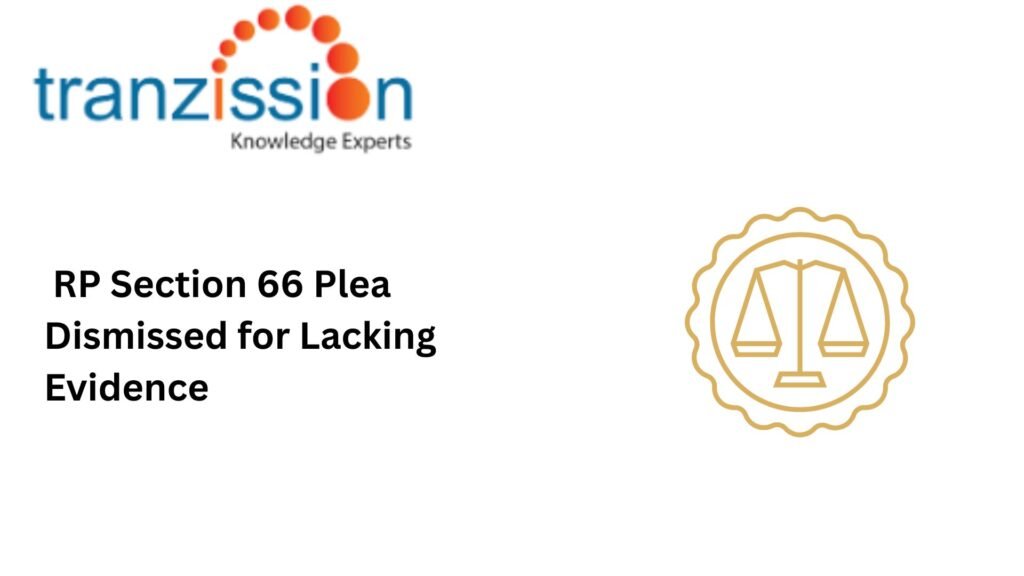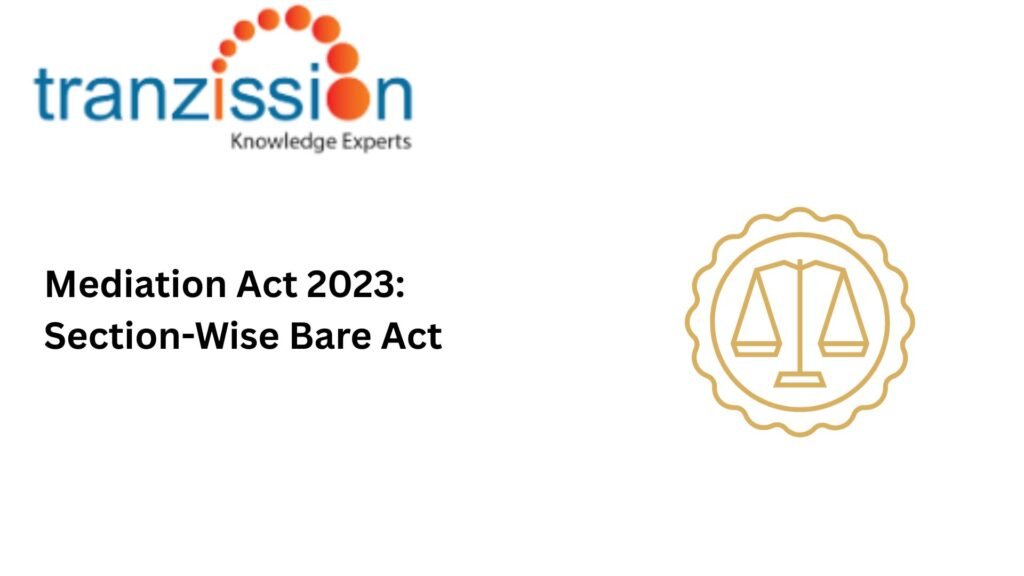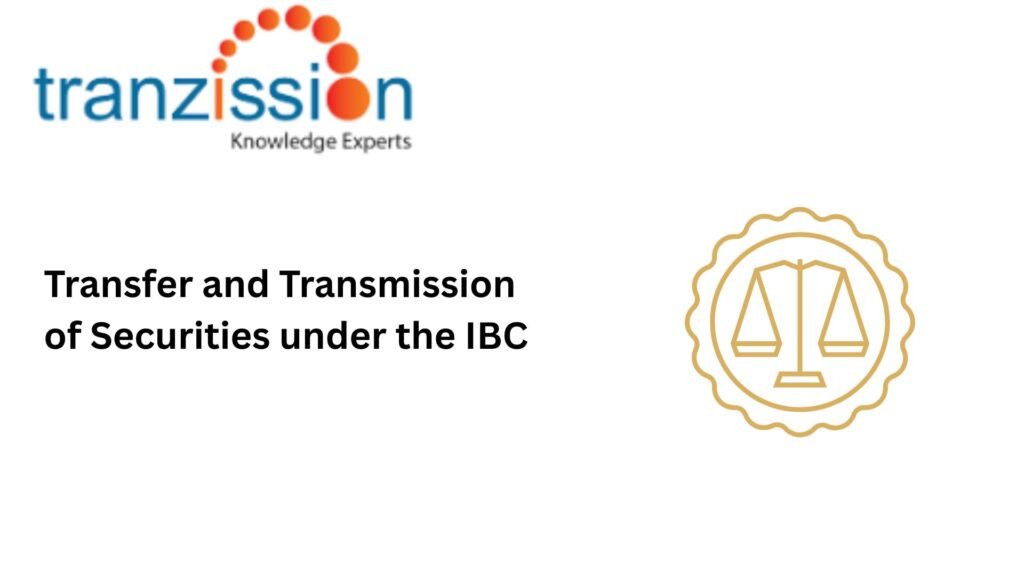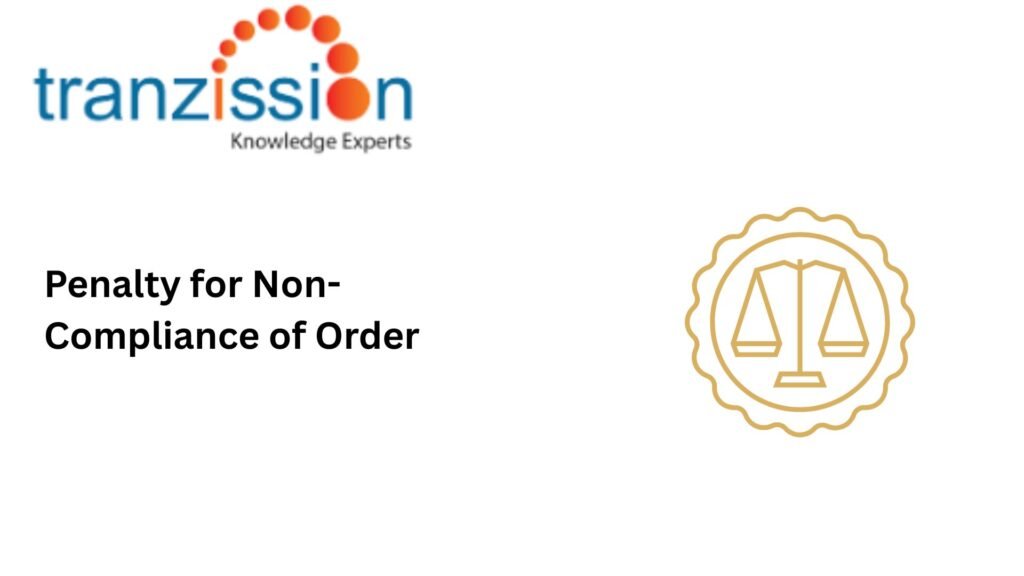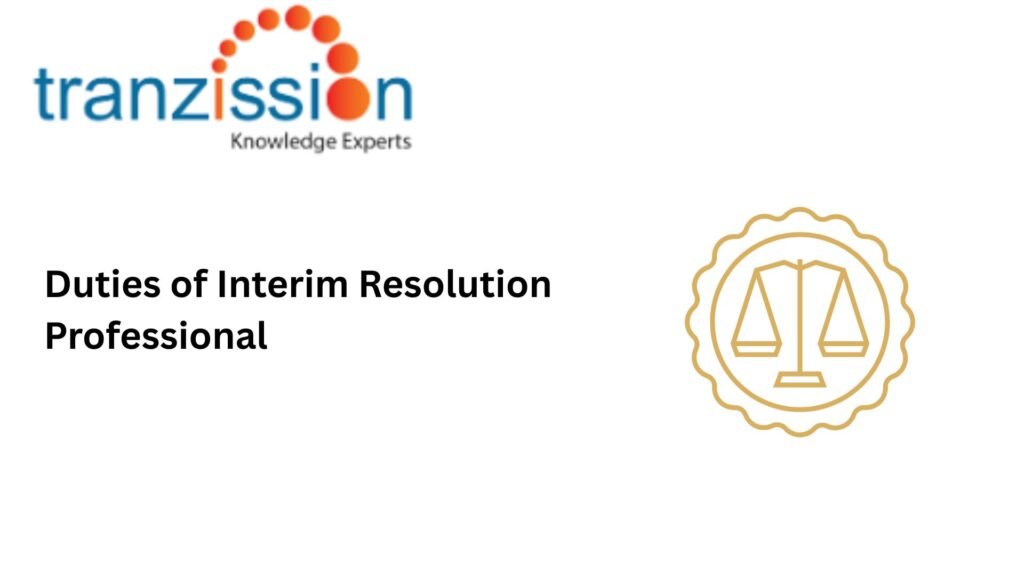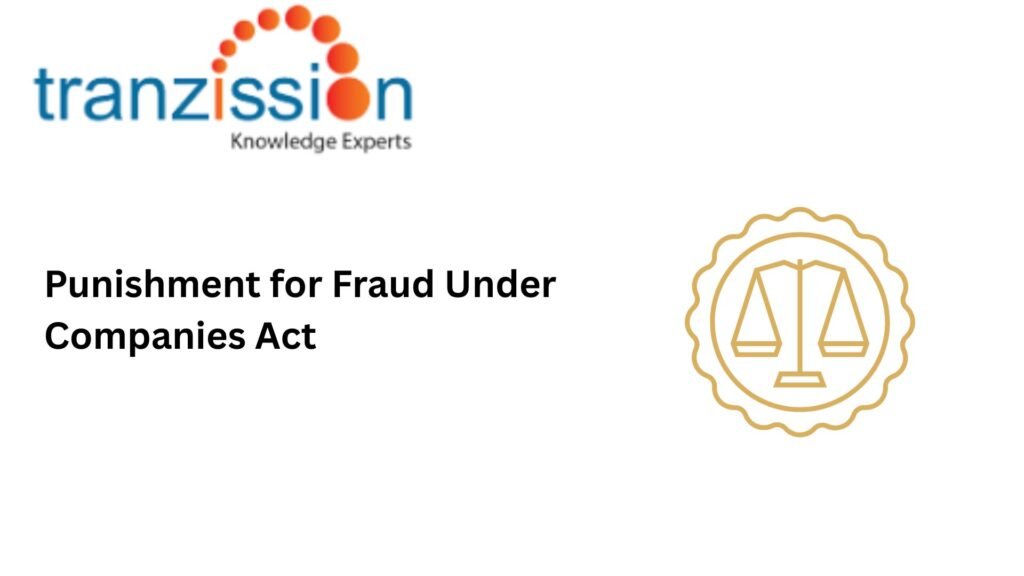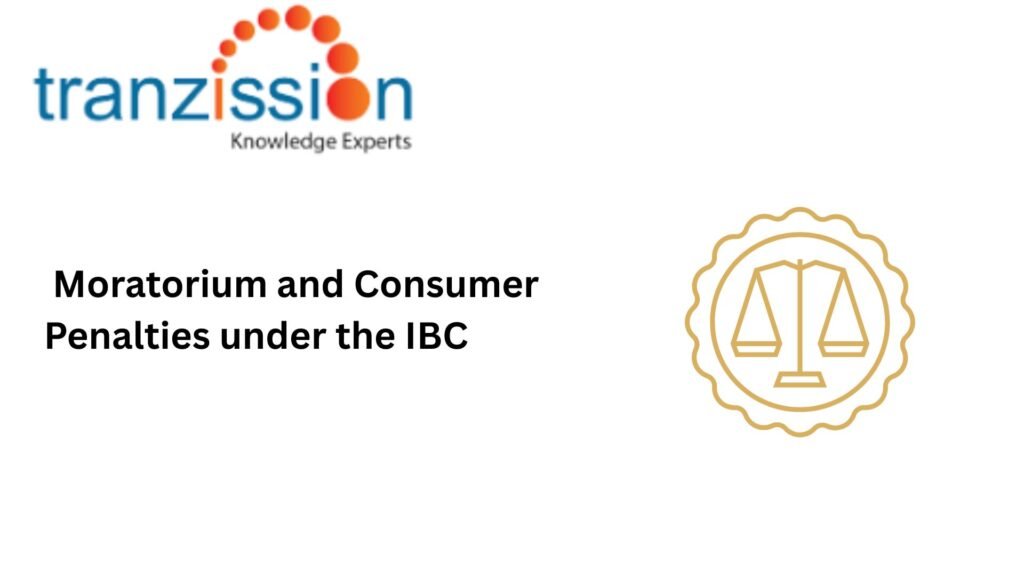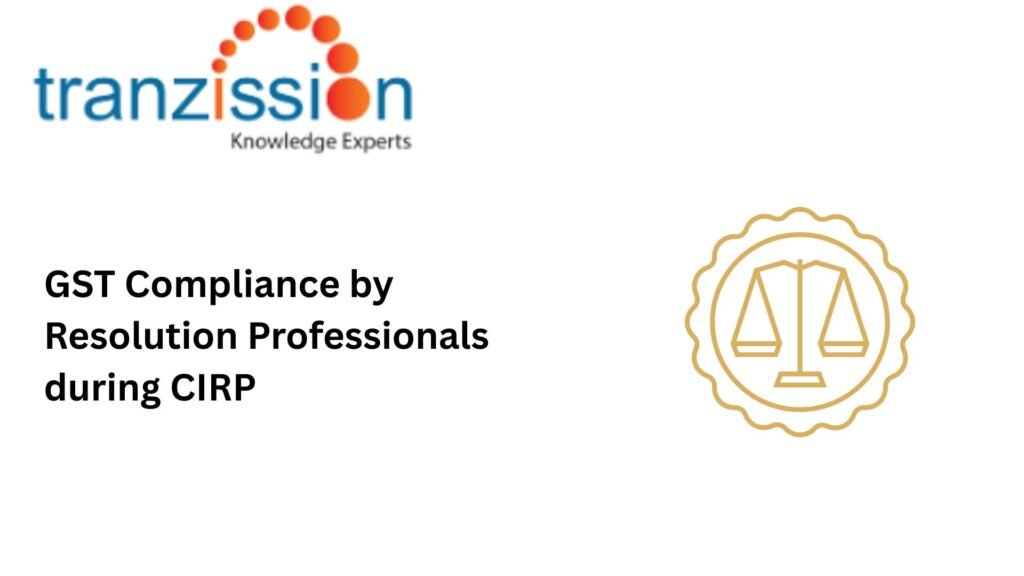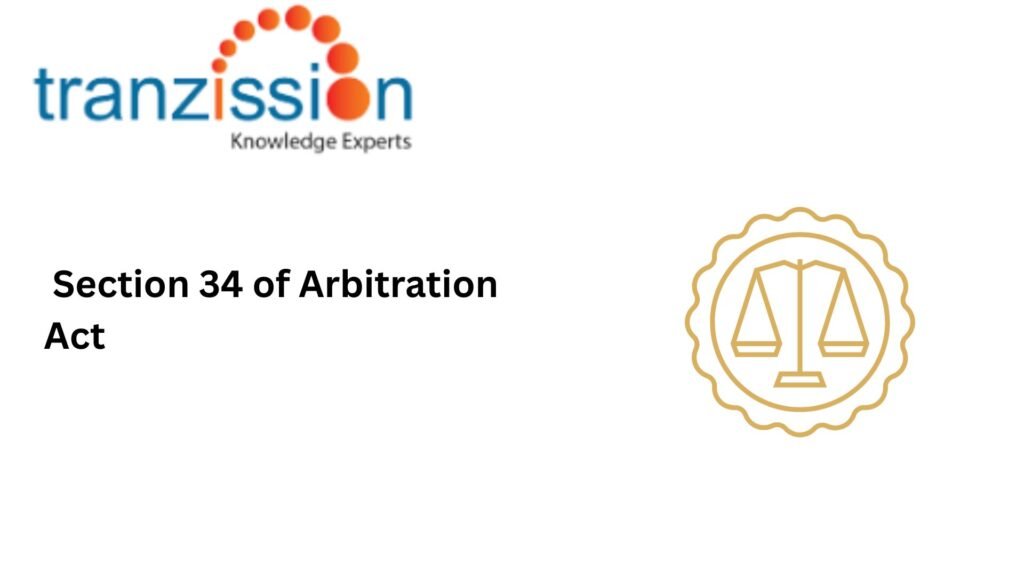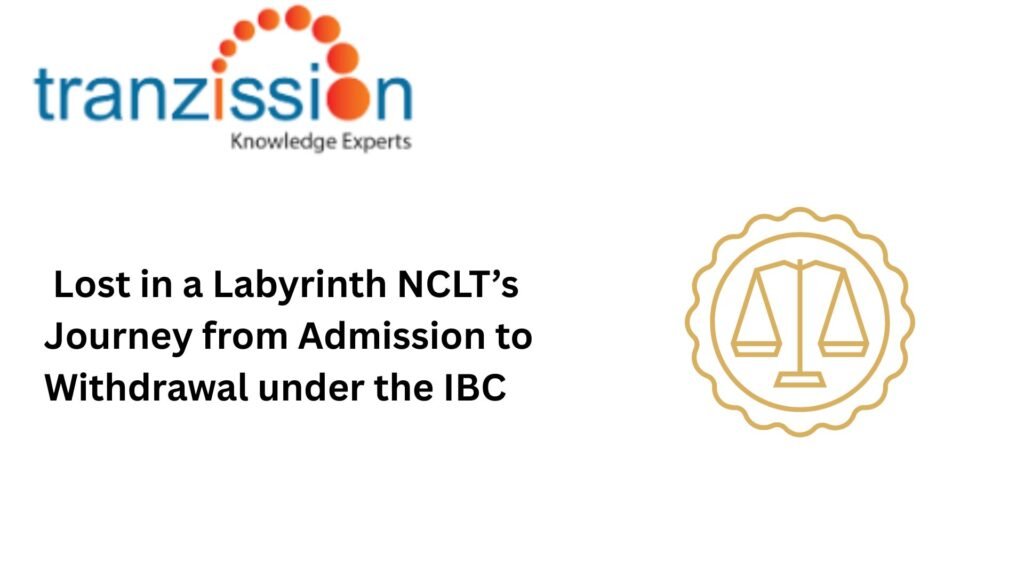RP Section 66 Plea Dismissed for Lacking Evidence
The RP Section 66 is appointed by the National Company Law Tribunal (NCLT) to manage the affairs of the corporate debtors as a going concern during the corporate insolvency resolution process (CIRP), acting as a critical facilitator for the transition from debtor in possession to creditor control. The RP’s role is administrative, encompassing the management […]
The Mediation Act 2023 received Presidential assent on September 4, 2023, and most of its provisions became effective on October 9, 2023. Section 1, which defines the Act’s title, its application, “to the whole of India”, and its commencement date, was among the provisions that came into force in 2023. It aims to promote and […]
Under the Companies Act, 2013, transfer of shares is a voluntary act where a shareholder knowingly sells or gifts their shares to another party, while transmission of shares in an involuntary transfer of ownership by operation of law, such as death, insolvency, or success. In insolvency, the distinction between transfers and transmission becomes critical in […]
Section 72 of the Consumer Protection Act, 2019 (“the CPA”) deals with penalties for Non-Compliance of Order issued by the District, State, or National Consumer Disputes Redressal Commissions (NCDRC). It mandates imprisonment for a minimum of one month, extending up to 3 years, and/ or fine ranging from ₹25,000–₹1 lakh. The Consumer Commissions are empowered […]
Once the insolvency process is initiated under the Insolvency and Bankruptcy Code, 2016 (“the IBC”), an interim resolution professional (IRP) is appointed who takes control of the corporate debtor’s assets, effectively replacing the existing management of the corporate debtor. They are responsible for safeguarding these assets and preventing any actions that could diminish their value.The […]
Section 447 addresses the penalties for individuals found guilty of engaging in fraudulent activities related to a company’s affairs, including both imprisonment and fines. This section defines “Fraud Under Companies Act” broadly, encompassing acts, omissions, concealment, or abuse of position with intent to deceive or injure the company, its shareholders, creditors, or other shareholders. It […]
The moratorium under the Insolvency and Bankruptcy Code, 2016 (“the IBC”) provides a temporary stay on legal proceedings against a debtor, but does not extend to Penalties under the IBC imposed under consumer protection laws. Recent judicial clarifications emphasize that regulatory penalties, such as those issued by the National Consumer Disputes Redressal Commission (NCDRC) are […]
The insolvency framework aims to balance the interests of all stakeholders during the process, and GST Compliance by Resolution Professionals is a key aspect of this. Companies undergoing the corporate insolvency resolution process (CIRP) require a separate GST registration under the interim resolution professional (IRP) or resolution professional (RP) duty, distinct from the company’s pre-insolvency […]
Chapter VII, Section 34 of Arbitration Act and Conciliation Act, 1996 provides the power to parties of arbitration to challenge the final arbitration award. It allows parties to seek judicial intervention to set aside the arbitration award and lays down specific grounds on the basis of which the final award can be set aside. This […]
The insolvency process begins with a creditor or corporate debtor filing an application with the Adjudicating Authority, the National Company Law Tribunal (NCLT), which will then admit the application if it meets the requirements under the Insolvency and Bankruptcy Code, 2016 (“the IBC”). The journey from admission to withdrawal has evolved since the enactment of […]

